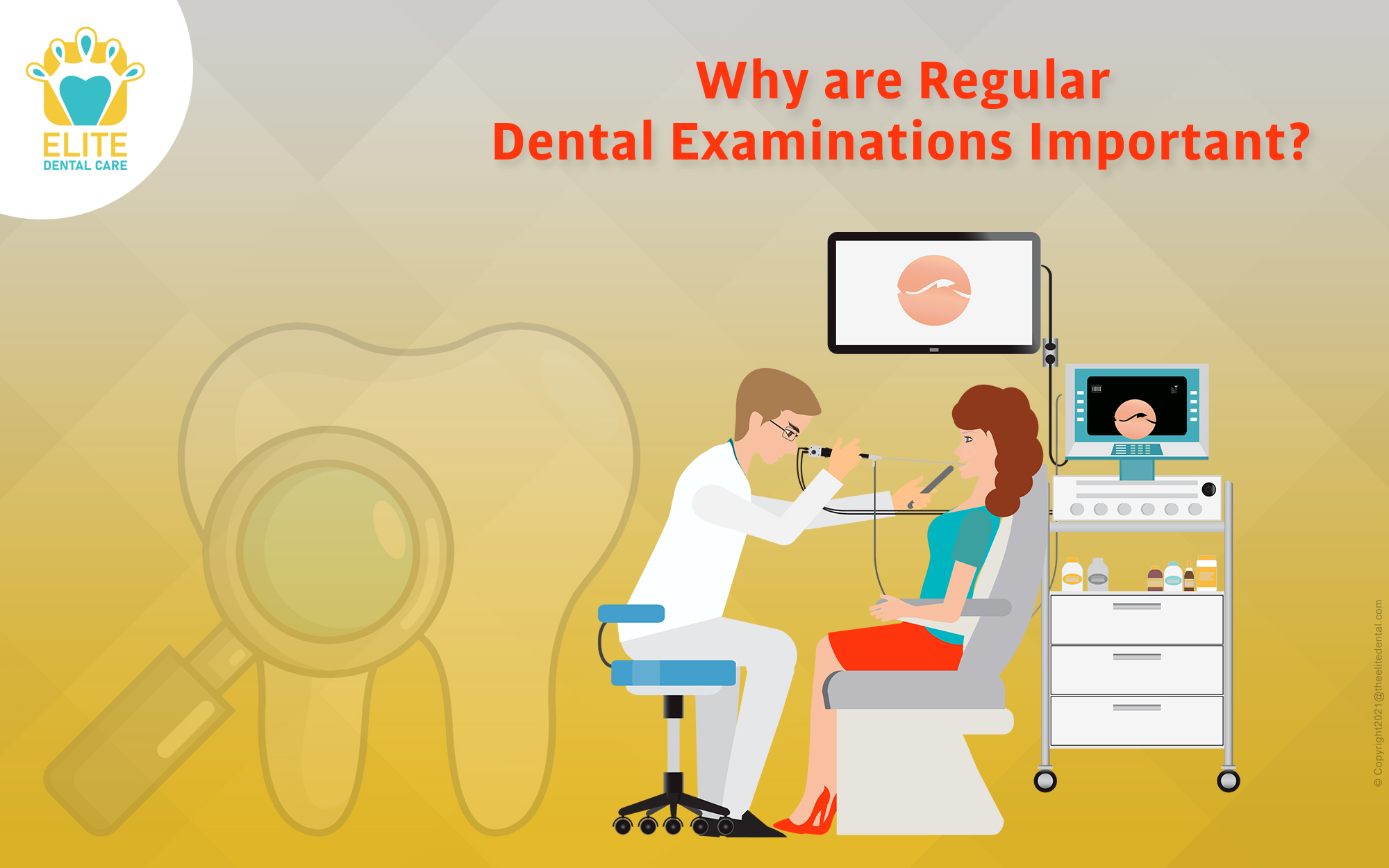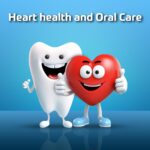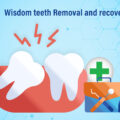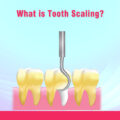
dental careflossinghygiene tipsoral healthTeeth WhiteningTooth Extraction
edental
2 December 2021
Why Are Regular Dental Examinations Important?
Routine dental examinations are an important aspect of preventative health care.
The dentist or hygienist will clean your teeth and examine for tooth decay and gum disease during a dental examination. The examination involves an assessment of your risk of developing additional oral disorders as well as a visual examination of your face, neck and mouth for anomalies. Dental X-rays (radiographs) or other diagnostic tests may be included in a dental examination.
Your dentist or hygienist will most likely review your food and oral hygiene practices with you, as well as demonstrate correct brushing and flossing procedures. Other subjects might include lifestyle variables that impact oral health and potential aesthetic dental enhancements.
Maintain your dental health and avoid future health concerns
The link between gum disease and infection has led to new findings concerning gum disease’s connection to life-altering health issues. If you leave germs, food, mucus, and other contaminants in your mouth for a lengthy period of time without cleaning it, the issue will only worsen.
Your concern turns from losing teeth to how you may endanger your health for coming years. Gum disease has been related to a variety of major health problems, such as:
- Diabetes
- Dementia
- Rheumatoid arthritis a kind of autoimmune illness
- Coronary artery disease (heart attack and stroke)
When you consider how an hour spent in your dentist’s chair can minimize your chances of developing one of these diseases, coming to the dentist for regular checkups is a no-brainer.
Why is it important to get frequent dental examinations?
Here are some of the reasons why frequent dental checkups are important:
1.Oral cancer prevention: Oral cancer is a dangerous disease that is frequently misdiagnosed. It can soon worsen if left untreated. During dental checkups, we screen for oral cancer. A diagnosis of early-stage oral cancer is treatable.
2.Detect plaque, tartar, or cavities: Plaque can be difficult to remove when it accumulates. If left untreated, it hardens into tartar, which is difficult to remove without the assistance of a dental expert. Regular examinations and cleanings keep tartar from causing holes in teeth, which leads to cavities. Regular dental examinations might help you avoid this.
3.Avoid gum disease: Plaque and tartar accumulation cause tooth decay and gum disease. When tartar accumulates, it causes gingivitis, an inflammation of the gums. The teeth may become loose or even fall off as the disease advances. It is reversible in the early stages of periodontal disease. If left untreated, however, more severe periodontal disease treatments are required.
4.Keep track of undesirable habits: Cigarette smoking, drinking, or eating a high-acid diet, as well as clenching or grinding your teeth, can all be harmful to your teeth and gums. Our dentist can check for mouth damage caused by these practices during a dental exam. Visiting the dentist on a regular basis helps you to repair any damage that has already occurred as well as preserve your dental health.
5.Identify issues using x-rays: Our dentists cannot always detect all tooth abnormalities with their eyes alone. This is why dental x-rays are so crucial. They can detect problems such as impacted teeth, jawbone damage, cysts, bone deterioration, and even malignancies. It is critical to address these concerns as soon as possible for your general health.
6.Correcting teeth clenching or grinding: Bruxism can cause tooth damage and bite alterations. Bruxism therapy includes tailored night guards that protect your teeth while you sleep.
7.Maintains Your Smile Bright and Healthy: Because enamel is permeable, some foods and drinks will discolor your teeth over time. This will have a negative impact on your smile. During your dental examination, the dentist will use a high-powered polisher to remove minor stains and polish your teeth to a gleaming shine. They may also choose to try bleaching more severely discolored teeth.
When individuals have an issue, they frequently turn to the internet, which has a wealth of useful information as well as falsehoods. A dentist, on the other hand, has had to learn for years to be qualified in the field and will give trustworthy advice. By seeing your dentist on a frequent basis, you may develop an excellent connection with them, allowing them to adjust advice and assistance to your unique requirements over time.
There is no one more equipped to assist you in maintaining your oral health than your dentist, therefore they should be your first point of contact if you have any concerns about your teeth or mouth.




